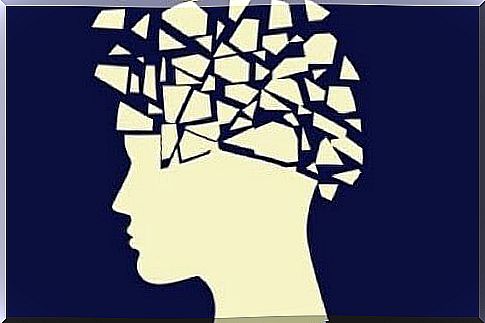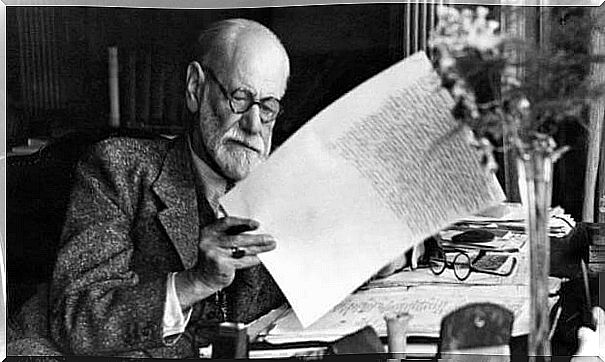Psychological Trauma: What Is It?

We all talk about psychological trauma, but only a few know this topic in depth. Not all negative experiences can be classified as trauma and no trauma occurs consciously. Most people, in fact, are not at all aware that they bear the signs, despite the influence this has on their behavior.
The extent of psychological trauma does not depend exclusively on the severity of the events to which the person has been exposed. Factors such as age, environment, mental state during the experience, subsequent events, etc. have a decisive influence.
Psychological trauma, in some cases, produces consequences that last a lifetime. We are talking about realities that must be faced with a professional, as it is very difficult for a person, regardless of the effort involved, to overcome them without targeted and adequate intervention. In the life of each of us there is a trauma, but not all of us have suffered the same and not all of us bear the same signs.

Define psychological trauma
In general terms, psychological trauma is defined as unexpected experiences that generate severe emotional pain. In trauma there is always a real, potential, or imaginary threat to the person’s life or integrity. The experiences we witness also fall within this definition, although they do not fall directly on us.
The response of the person involved in such situations is horror, or a state of torpor in which a profound feeling of helplessness is experienced. In general, and especially in children, the initial response is emotional chaos, agitation, disorganized behavior or paralysis.
Psychological trauma is stored abnormally in memory. The experience is so overwhelming that the mind cannot reliably and orderly record what happened. It’s like a shock to the brain. That is why it is normal for the information involved to be, as it were, encapsulated and stored. In other words, we only remember some aspects of the event and the rest are consciously forgotten. It is a defense mechanism adopted to move forward.
Characteristics of psychological trauma
The determining factor in a trauma is the unpredictability, the lack of preparation, the lack of adequate resources to deal with it. Somehow, neither the body nor the mind is prepared to have that experience. When it comes suddenly, the organism and the psyche have to react in a very short time. Nervous arousal reaches levels that prevent the person from processing the experience and integrating it into his or her story so that it does not harm it.
On the other hand, psychological trauma does not always stem from real events. Sometimes the human mind is unable to separate what happens in reality from what it imagines or evokes. Therefore, psychological traumas could arise not originating from a real act of threat, but from a subjective feeling of being threatened.
Sigmund Freud discovered that many of his patients had experienced experiences that were intolerable to them, even though they did not in fact threaten their life or integrity in the strict sense. The case of a woman who suffered from olfactory hallucinations, smelled of burnt cake is famous. Psychoanalytic therapy brought her to the memory of the time when she worked as a maid in a family, when she received a letter from her mother that the boys snatched from her. In the meantime, some cakes that were baking in the oven had burned.

The psychological effects of trauma
Psychological trauma has varying degrees of severity. The most serious force the subject to organize his life and perception of reality according to the traumatic experience. For example, an individual who, having suffered sudden abandonment at an early age, becomes unable to trust others.
As a rule, those who have suffered psychological trauma tend to develop the so-called post-traumatic stress syndrome. That is, it continues to unconsciously experience the trauma even in the absence of real danger. The typical case is that of war veterans, tormented by violent memories to the point of no longer being able to live normally.
Among the effects of psychological trauma we have, of course, anxiety and depression; with manifestations of panic attacks or dysfunctionality of various kinds. It is important to know that with the right professional help it is possible to minimize the effects of such traumatic events. This involves the re-elaboration of what happened and an intervention on emotional memory.









